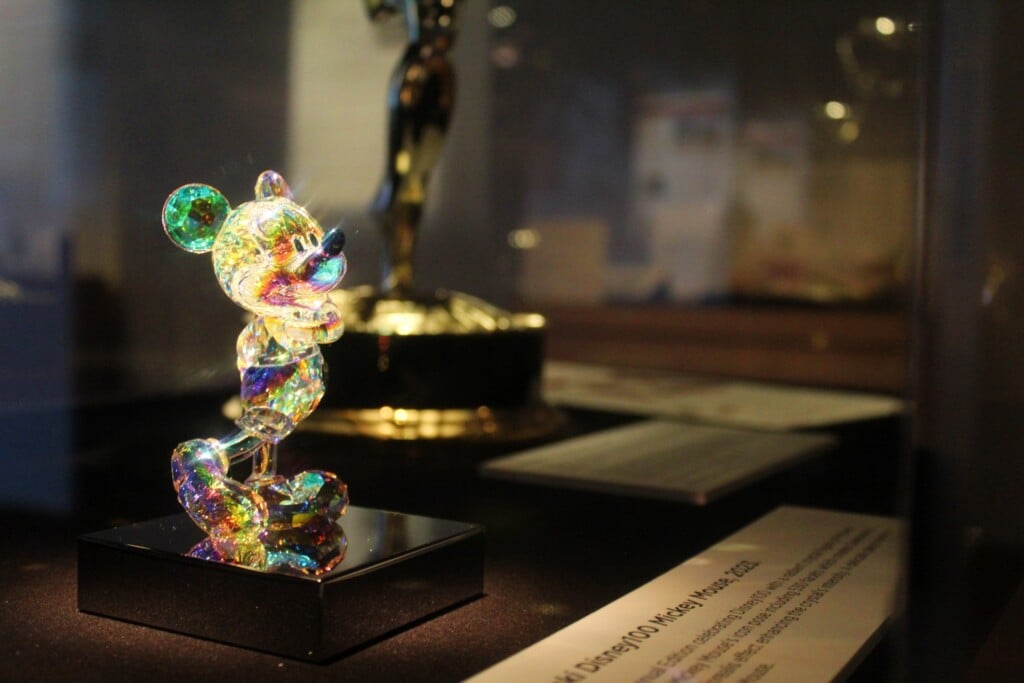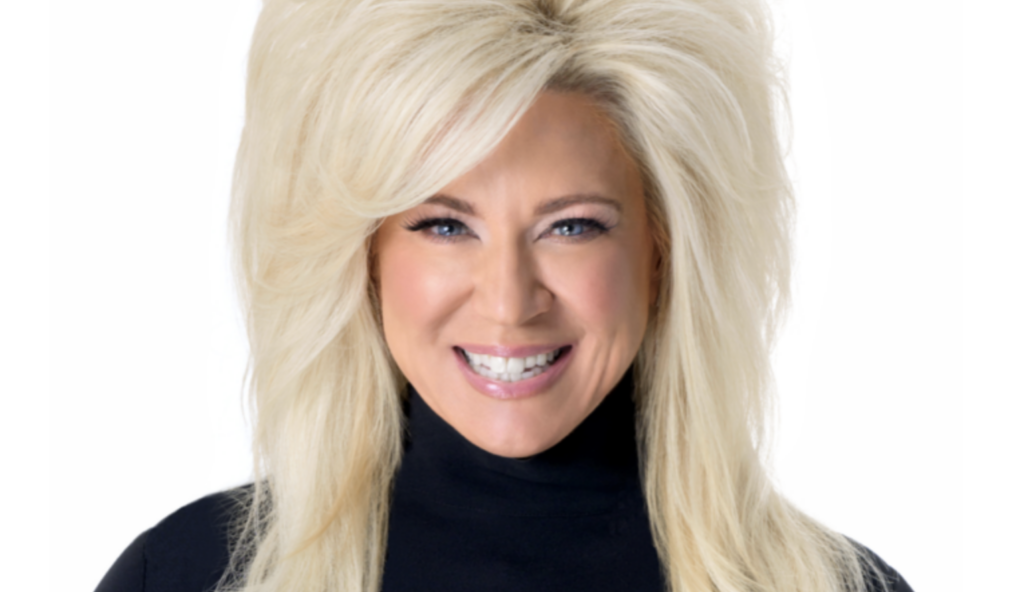Black Studies
With the same kind of license-to-amuse party planning that Steve Martin used to create his play Picasso at the Lapin Agile, local playwright Jacqee Gafford throws an entertaining soiree of her own at Just Off Broadway. Whereas Martin creatively brought Einstein, Picasso and even Elvis Presley to a French bistro, Harlem Knights posits an afternoon of beer, hooch and pickled pig’s feet with the black intelligentsia of the Harlem Renaissance.
Joining writer Zora Neale Hurston (fiercely played by Lynn King) at her apartment to welcome Langston Hughes (Lorenzo Hughes) back from Europe are writer Claude McKay (Louis Garry), actor Earl Jones (Johnnie Bowls), musician Fletcher Henderson (Dennis Jackson), blues singer Alberta Hunter (Angela Wildflower Polk) and a rough sketch of a young James Baldwin (Kwan Porter) called Jimmy. Because Hurston doesn’t have a Victrola to get the party started, the guests create music of their own with a mix of poetry, storytelling and a chorus or two from Hunter. What results is a salon so spry and rosy that it’s easy to forgive the play’s flaws.
It is a spring Saturday afternoon in 1927. Langston Hughes’ boat docks at 3 p.m., and he heads promptly to Hurston’s flat, where the other invitees have already started in on the surreptitiously obtained alcohol. Only Earl Jones (who eventually fathered actor James Earl Jones) is modest in his intake, because he has a 7 p.m. curtain in the neighborhood. Hughes talks about his feted trip overseas, saying, “In Paris, I forgot I was colored.” America, though, was far from colorblind, and the play’s stories and songs are mostly about that theme.
Hurston, for example, tells a dark tale of racism that is funny to her friends because she turns the tables, making the victim of the racism white. Henderson’s too-long story about a baseball game has a horrible epilogue about a lynching. And McKay’s angry diatribe about white people, though it rings true to all the guests, makes them uneasy; they tell him he’ll never be listened to when he’s speaking at that level of rage.
Gafford’s script (the show runs less than an hour and a half, with a 15-minute intermission) peters out quite abruptly toward the end. Jones has to leave, so everyone else does too — that’s the climax. But prior to that, several compelling moments make a strong argument that the show ought to have a long shelf life. The highlight is right before Hughes arrives, when a partier recites one of his poems with soulful musical accompaniment from Hunter’s singing and other guests’ percussion. It blossoms so honestly and spontaneously from the page, and the actors are so naturally directed, that you’re transported to the apartment.
As Hurston, King has an uncanny sense of the woman’s hospitality, intelligence and, eventually, anger. Polk is equally impressive as the young Hunter. She’s sassy and full of herself — she knows, despite Hughes’ notoriety, that she’s the star of the room. The male cast members are dapper and dignified, the only exception being Garry’s Claude McKay; he never masters his West Indian accent and comes across as stiff as a swizzle stick.
Their party is like a dream sequence from an African-American literature class. Other than Gafford’s liberties with dates and ages (Baldwin would have been three years old in 1927), the show charmingly pretends that such a gathering really happened.
Post Script: People with flexible calendars can, in the coming week, celebrate in succession Groucho Marx, gay theater and Shakespeare’s birthday.
On Friday, April 19, the Folly Theater presents An Evening With Groucho, starring Frank Ferrante, who has made a career of playing the comic (and has done so in Kansas City several times). The show’s intriguing promotional materials include copies of an “Amusements” notice from a 1923 edition of The Kansas City Star showcasing I’ll Say She Is, starring the “4 Marx Brothers” at the same theater, then called the Shubert Missouri. And from the paper’s “The Stage and Stage People” column, there’s an item about one of the show’s costars, with the drag-queen-perfect name Lotta Miles.
Playwright Bill Nelson, author of last October’s Tales From Gaydom, premieres his new play, Mishappenance, April 18-20 at the Quality Hill Playhouse. The show, directed by Robin Delaloye and starring, among others, former Late Night regular Bob Kohler, is about Sedgewick Chappelow, a “painter with a personality as big as his name.” Call 816-421-1700 for tickets, which are $16 or “$10 for 25 or younger.”
The most-produced playwright in Kansas City — William Shakespeare — gets a posthumous birthday toast April 23 at Molloy Brothers Pub, 1020 Westport Road, from 5:30-8 p.m. The $25 reservation gets you a “genuine British food buffet and two drink tickets” and benefits the Heart of America Shakespeare Festival. Call 816-784-5020 for more information.




